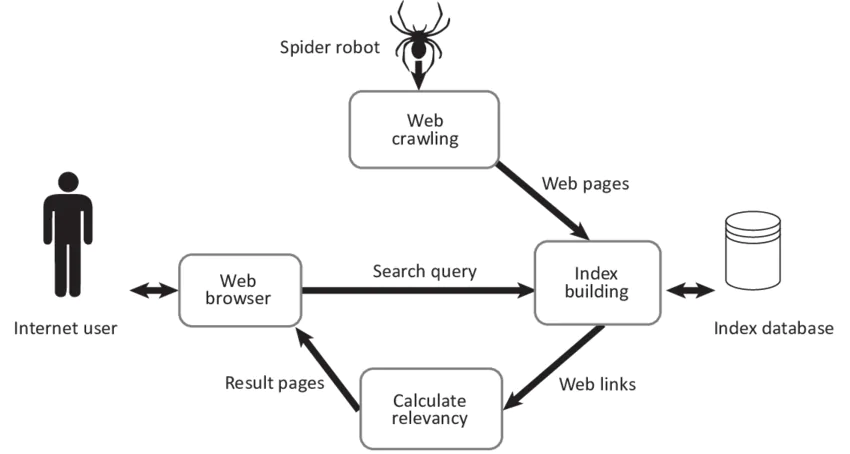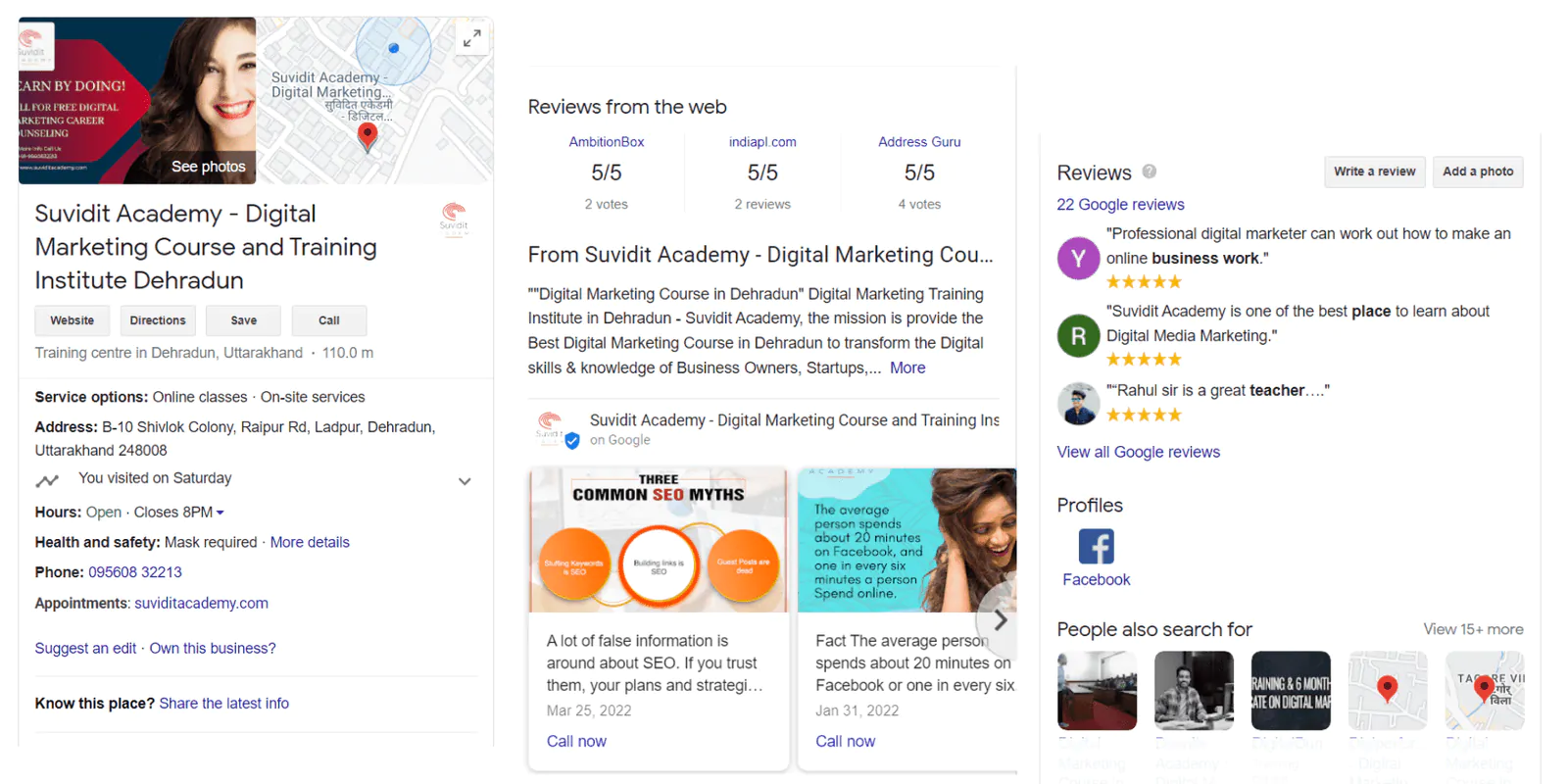
How Google Search Works (for beginners)
Read more: How Google Search Works (for beginners)Once Google discovers a page’s URL, it visits the page, or crawls it, to determine what is on it. Google renders the page and analyses its textual and non-textual content, as well as its overall visual layout, in order to determine where it should appear in Search results.

Search Engine Optimization (SEO) Starter Guide
Read more: Search Engine Optimization (SEO) Starter GuideWho is this guide for? This guide is intended for anyone who owns, manages, monetizes, or promotes online content through the use of Google Search. It doesn’t matter if you’re the owner of a thriving business, the owner of a dozen websites, the SEO specialist in a web agency, or a self-taught SEO expert who…

Introduction to Indexing
Read more: Introduction to IndexingSearch engines decide how your content is indexed by using algorithms that take into account what people want and how well it is made. Because the URL of a page determines how search engines find and index your content, you can change how search engines index your content. The URLs of your pages are important…

Establish your business details with Google
Read more: Establish your business details with GoogleBy first registering your official website with Google, you can improve the appearance and coverage of your website as well as your presence in search results. As a result, users will be more likely to recognise your official website and will be able to find the information you provide more quickly when they search. When…

Beginner’s guide to Search Console
Read more: Beginner’s guide to Search ConsoleSearch Console is a Google tool that can assist anyone who has a website in understanding how their website is performing on Google Search, as well as what they can do to improve their appearance on search in order to drive more relevant traffic to their websites. It provides information on how Google crawls, indexes,…





